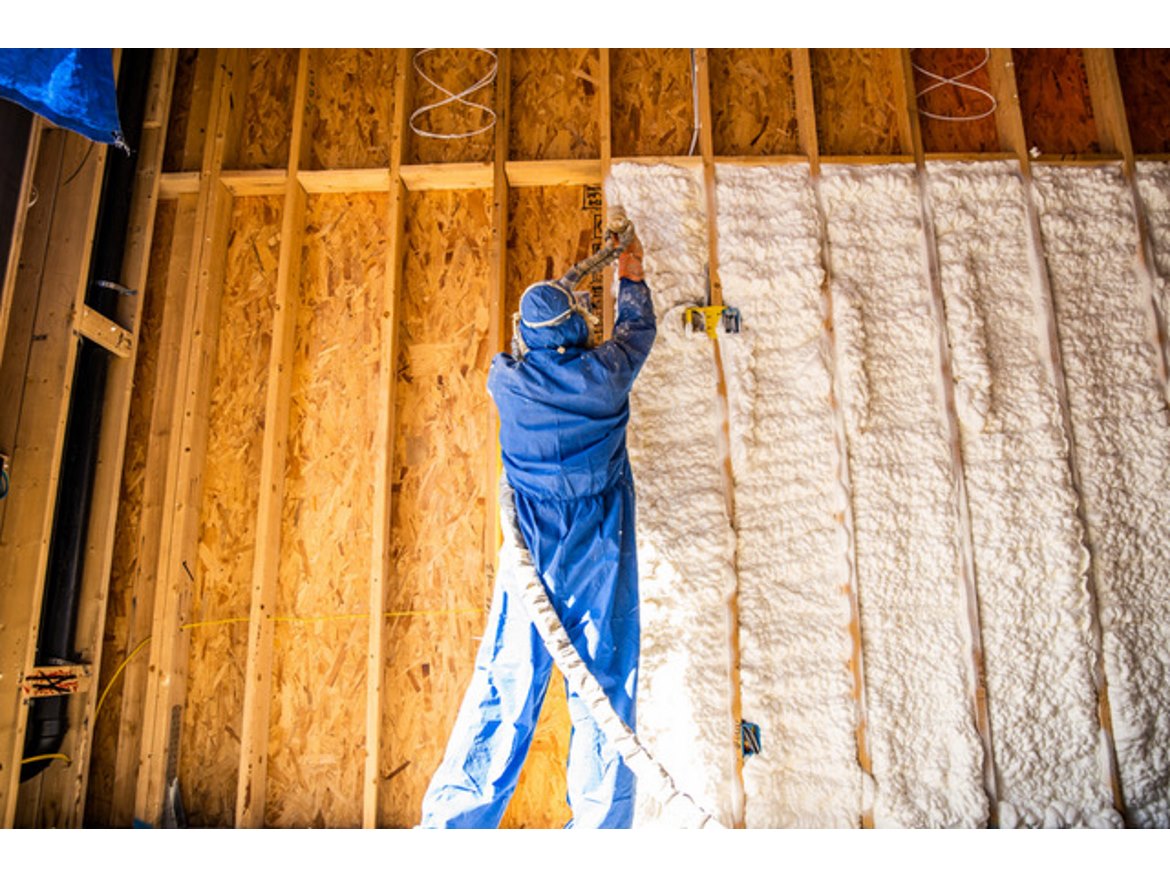In recent years, more and more companies are discovering the benefits of using spray foam insulation for their buildings. This innovative solution has been gaining popularity for its effectiveness, efficiency, and cost-saving advantages. In this article, we will explore why companies are turning to spray foam insulation and how it can help businesses improve their energy efficiency and reduce their environmental impact.
The Benefits of Spray Foam Insulation
1. Energy Efficiency
- Spray foam insulation creates a tight seal that prevents air leaks, reducing energy loss and improving the overall energy efficiency of a building.
- By reducing the amount of energy needed for heating and cooling, companies can lower their utility bills and save money in the long run.
2. Environmental Impact
- Spray foam insulation is made from environmentally friendly materials and can help companies reduce their carbon footprint.
- By improving energy efficiency, companies can lower their greenhouse gas emissions and contribute to a more sustainable future.
Why Companies are Turning to Spray Foam Insulation
1. Cost-Effectiveness
- While the upfront cost of spray foam insulation may be higher than traditional insulation materials, the long-term savings in energy costs make it a cost-effective solution for businesses.
- Companies can recoup the initial investment in spray foam insulation through lower utility bills and reduced maintenance costs over time.
2. Improved Comfort and Air Quality
- Spray foam insulation creates a protective barrier that helps regulate indoor temperatures, leading to improved comfort for building occupants.
- By sealing out allergens, pollutants, and moisture, spray foam insulation can also help improve indoor air quality and create a healthier work environment.
The Process of Installing Spray Foam Insulation
1. Assessment
- Before installing spray foam insulation, a thorough assessment of the building is conducted to determine the specific insulation needs and areas that require attention.
- Factors such as building size, layout, and existing insulation are taken into consideration to create a customized insulation plan.
2. Preparation
- Prior to installation, the building is prepared by clearing out any debris, sealing gaps and cracks, and ensuring proper ventilation for the installation process.
- Professional installers take necessary safety precautions and wear protective gear to prevent exposure to chemicals during the installation of spray foam insulation.
3. Application
- Spray foam insulation is applied using specialized equipment that mixes two chemical components to create a foam that expands and hardens to form a durable insulation barrier.
- Installers carefully apply the foam to walls, ceilings, and other surfaces to ensure complete coverage and maximum effectiveness of the insulation.
Conclusion
Spray foam insulation is a powerful solution that offers numerous benefits for companies looking to improve their energy efficiency, reduce costs, and minimize their environmental impact. By creating a tight seal that prevents air leaks, spray foam insulation can help businesses save money on energy bills and contribute to a more sustainable future. With its cost-effectiveness, improved comfort, and air quality benefits, it's no wonder why more companies are turning to spray foam insulation as a smart insulation solution for their buildings.
